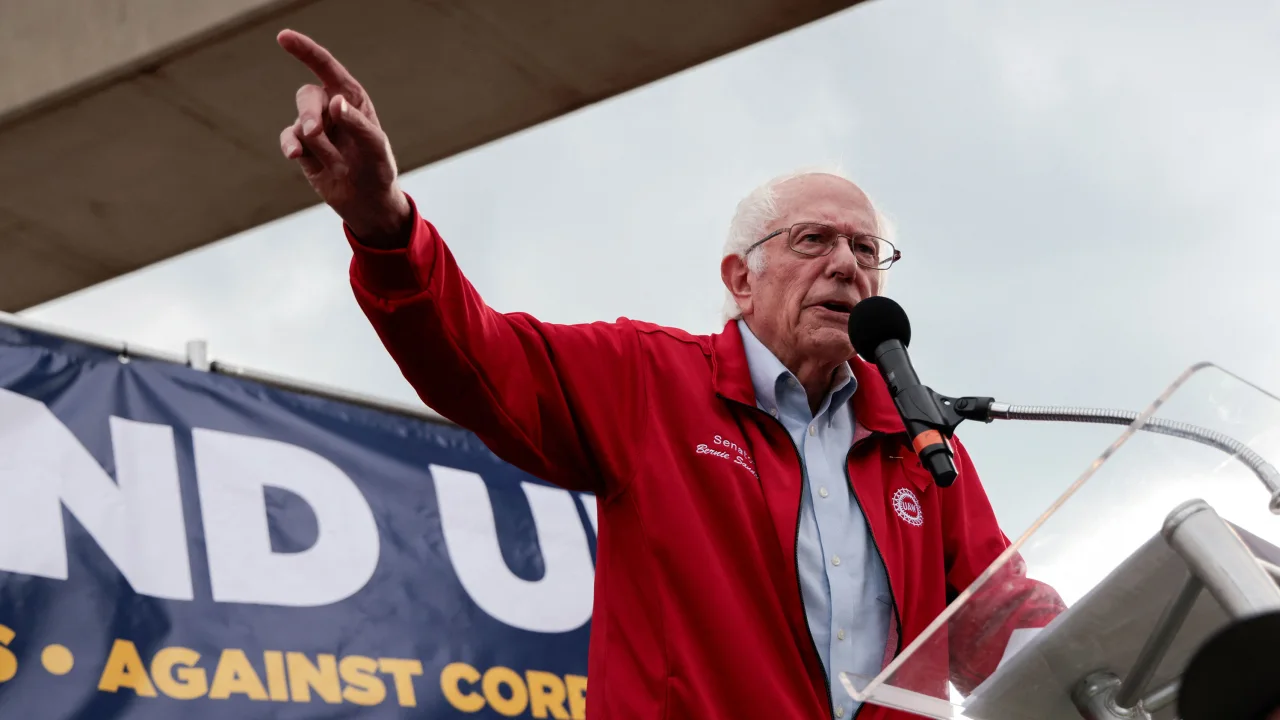UAW Strike Reignites Focus on the Four-Day Workweek

The recent strike led by the United Auto Workers (UAW) has brought the concept of the four-day workweek back into the spotlight during contract negotiations. As labor unions seek to secure improved working conditions and work-life balance for their members, the idea of a compressed workweek is gaining momentum.
UAW Strike for Worker Rights
The UAW strike serves as a potent reminder of the significance of labor unions in advocating for workers’ rights. It highlights the ongoing struggle to balance the interests of employees and employers.
The Four-Day Workweek: A New Work Paradigm
The concept of a four-day workweek has gained traction in recent years, as it offers the potential for improved employee well-being, increased productivity, and reduced carbon emissions from commuting.
Work-Life Balance at the Forefront
Advocates for the four-day workweek argue that it can provide employees with more time for personal and family life, reducing stress and burnout while enhancing overall job satisfaction.
Productivity and Efficiency
Studies suggest that a condensed workweek can lead to higher levels of productivity and greater efficiency in the workplace. Employees often find themselves more motivated to complete tasks within a shorter timeframe.
Challenges and Adaptation
Implementing a four-day workweek, however, is not without challenges. Employers and industries may need to adapt to new schedules and workflows, and certain job roles may require different approaches to ensure seamless operations.
Environmental Impact
Reducing the number of workdays can also have a positive environmental impact, as it can lead to fewer commutes, less energy consumption, and a reduction in the carbon footprint associated with daily transportation.
Contract Negotiations and Worker Demands
As unions like the UAW negotiate contracts on behalf of their members, the demand for a four-day workweek is becoming increasingly common. Workers are seeking not only higher wages and benefits but also improvements in their overall quality of life.
Conclusion: Shaping the Future of Work
The UAW strike and the focus on the four-day workweek underscore the ongoing evolution of labor dynamics and the changing expectations of workers. While challenges remain in adapting to new work paradigms, the discussion around work-life balance, productivity, and environmental responsibility is shaping the future of work and influencing contract negotiations across various industries.